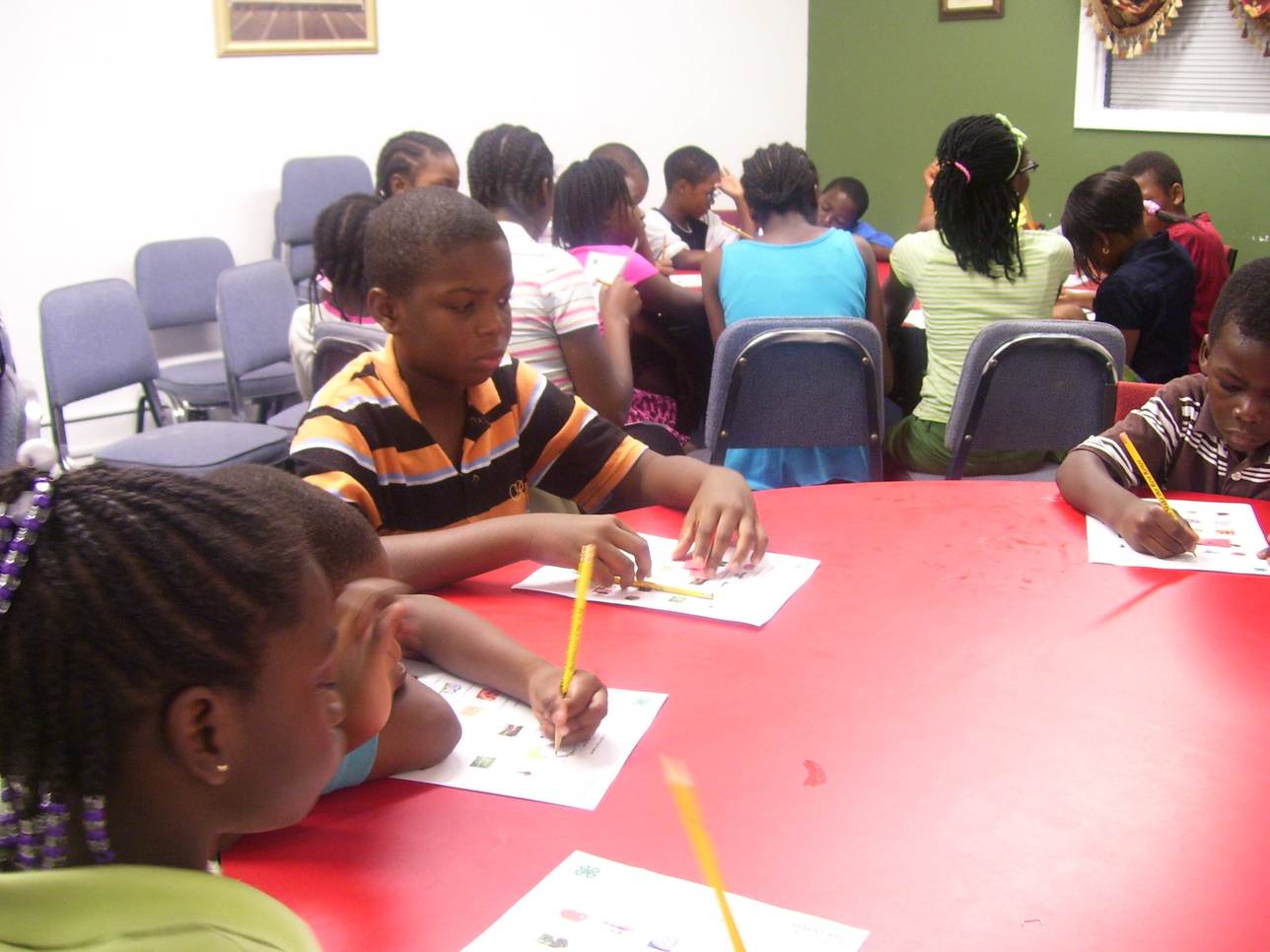But sometimes family isn’t enough and we want to expand our social circle. Sometimes we feel like our family doesn’t get us, so we want to prove that we can make others like or love us. It’s this need to prove ourselves that has us searching for groups of friends who are just like us or whom we want to be like. To accomplish this we put ourselves in cliques and friend circles that represent who we are.
But far too often I’ve seen these cliques become a dangerous stronghold for bullying, mistreatment and isolation. Having friends is not wrong. But it’s important to make sure that you don’t limit your identity to only that group.
What’s your group?
Having a great circle of friends is priceless especially when you need a crew to make it through the school days. Your buddies can look out for you, have your back and keep you going on the right path on days you want to quit. If you have positive friendships in your life, then celebrate those people and let them know how you feel about them. Even if you’re in an interest group, for example a sports team, you might not be friends with everyone but you can share how you are grateful for their contributions. It’s in our friendship circles that we feel most comfortable and relaxed. In our special groups we can learn more about ourselves and from others with the same interest.
The outside group
But how do we feel toward the “outside” groups? An outside group is any group that is not in your friend circle. Let’s say you’re in the school band, do you make friends with someone in the football group? Should the jocks stay away from the nerds? Should the Christians be seen with the atheists? There isn’t one answer to all this, but there is a way to find your answer. One way is to stop thinking of outsiders as a group of people who are all the same. Scientists have shown that when you are in a group you tend to see people in an outside or other group as being the same. That means that is difficult to identify the differences that exist in a group that you’re not in. However, when it comes on to the group that we are in, it is quite easy to identify the differences among ourselves. We can identify the differences in our own group because we spend time with them and take the time to learn about them.
God loves all
With that in mind then we need to ask ourselves if what we know about the “outside” group is truly correct. The thing is God did not create us as his beloved children in order for us to segregate with our friends. God is the one who made us and gives us our interests and talents. So is it wrong to have a clique or a tight group of friends? Of course not. I hope you find a nice core of friends that support and encourage you to be great!
On the other hand, we should be careful about making judgments or generalizing people in other groups because our information about them may be inaccurate. While on earth we’ll have many identities – brothers, sisters, cousins, daughter, husband, chess player, surfer, etc. All of these labels identify us as being a part of a certain group. But there is one identity above any label we might have, and that is child of God.
What I’m saying is take the time to get to know people for who they are. God loves all people, and we should too!
Don’t let group labels prevent you or distract you from getting to know others. Also don’t allow labels to influence you to mistreat or look down on others. Before you are a jock, nerd, rich kid, nice kid or whatever, you are first and foremost a kingdom member. That means that our interests go beyond our small group. Our interest is our brothers and sisters and showing the love of God to all. I’m not saying that we should include ourselves in every group, but I’m saying that our school labels shouldn’t be what we live life by. Choose your friends wisely and give others a chance. They might surprise you.



Do nostrum consequatur In deserunt sed voluptate dolore neque
Great Comment
Another one
This is a New Comment